Table of Contents
ToggleTwo years ago, a boutique digital marketing agency based in Austin found itself at a crossroads. They had a loyal but limited client base, a strong reputation for quality SEO work, and zero bandwidth to scale. Hiring in-house talent was expensive, time-consuming, and risky. Yet, turning away potential clients felt like slamming the brakes on momentum.
Enter white label SEO. This model allowed them to outsource the heavy lifting while keeping their brand front and center. According to a 2023 White Label SEO Report by SEOReseller, agencies using white label services grew their SEO revenues by 32% on average.
This blog unpacks how a strategic white label SEO partnership helped this small agency leap from local contender to a 7-figure powerhouse, all without bloating their internal team. You’ll learn the behind-the-scenes playbook, common pitfalls, and how to make it work for your agency.
The Agency’s Challenge
Before partnering with a white label SEO provider, the agency had five employees and offered web design, content marketing, and basic SEO services. Their growth was bottlenecked not by demand, but by delivery capacity. They couldn’t fulfill more SEO campaigns without compromising on quality.
This is a common issue: in a Search Engine Journal agency survey, 41% of agencies cited resource limitations as their top growth challenge.
As founder Sam (name changed for anonymity) put it, “We had more leads than we could handle, but every new client added strain to our already stretched team.”
After evaluating their options, including hiring, subcontracting, or limiting SEO offerings, Sam chose to explore white label SEO.
Understanding White Label SEO
White label SEO allows agencies to offer search engine optimization services under their own brand, while fulfillment is handled by a third-party provider. This partnership provides scalability without the overhead of recruiting, training, and managing in-house SEO specialists.
There are different white label models:
-
Full-service SEO packages
-
A la carte services (link building, audits, content)
-
Platform-based dashboards with real-time reporting
Kristopher Jones, founder of LSEO, explains: “White label partnerships allow agencies to expand their service offerings without the overhead of hiring specialists in every digital marketing discipline.”
While white labeling provides scalability, it’s not without challenges. Agencies must ensure brand alignment, consistent quality, and clear communication. This agency conducted due diligence through demo calls, trial audits, and pilot projects before settling on a partner.
Implementation Strategy
The first step was integration. The agency restructured its internal workflow to align with the white label provider’s systems. This included:
-
Shared project management boards (Trello & Asana)
-
Slack channels for real-time updates
-
Weekly standups to review client campaigns
Jessica Bowman, SEO strategist at SEO In-House, notes: “The seamless integration of white label services requires clear processes and transparent communication channels.”
They also revised their client onboarding forms to capture detailed SEO goals, existing analytics access, and preferred communication cadence—ensuring the white label team had everything needed to hit the ground running.
Key tools used:
-
SEMrush and Ahrefs for shared keyword tracking
-
Google Data Studio for branded reports
-
Loom for asynchronous video updates
Initial friction came from timeline mismatches and report formatting. These were addressed through SOP alignment and templated reporting structures. Within 60 days, the agency was fully operational with the new system.
Business Impact and Results
The results were swift and significant:
-
Client capacity increased by 65% within six months
-
Monthly recurring revenue (MRR) grew by 70% in one year
-
Client retention improved from 78% to 91%
-
Service expansion included technical SEO, multi-location listings, and ecommerce audits
Jason Hennessey of Hennessey Digital says, “White label partnerships typically enable agencies to increase their client capacity by 40-60% without proportional team growth.”
With fulfillment offloaded, the founder redirected time toward sales strategy, partnerships, and thought leadership—leading to more inbound leads.
Cost-wise, outsourcing was cheaper than hiring a full-time team, especially considering overhead, training, and turnover. The agency maintained healthy profit margins while increasing output.
Client Case Study Examples
Here are two anonymized success stories that highlight the power of the partnership:
Client A: Local Roofing Company
-
Before: Ranking on page 3 for primary keywords
-
After 6 months: Dominated local pack and top 3 organic spots
-
Monthly leads increased by 112%
Client B: eCommerce Skincare Brand
-
Before: No SEO strategy or content plan
-
After 9 months: 38% increase in organic traffic, 25% increase in conversion rate
Barry Schwartz of Search Engine Roundtable explains: “The most successful agencies don’t just outsource SEO work—they strategically partner with specialists who enhance their existing expertise.”
Client satisfaction improved, as results became more consistent and measurable. One client even said, “It feels like you have a team twice your size.”
Lessons Learned and Best Practices
This journey wasn’t without lessons:
-
Vet rigorously: Ask for case studies, sample reports, and trial campaigns.
-
Prioritize communication: Weekly syncs and dedicated channels are non-negotiable.
-
Own the client relationship: Keep strategy in-house; let fulfillment handle execution.
Rand Fishkin said it best: “Smart agencies don’t just outsource work—they build strategic partnerships that augment their core strengths and shore up weaknesses.”
Top best practices:
-
Use SOPs for handoffs and reviews
-
Maintain branded templates to keep messaging aligned
-
Start small with 2-3 clients before full rollout
-
Track KPIs jointly: rankings, traffic, leads, client satisfaction
Regular performance reviews with the white label team helped ensure alignment and continuous improvement.
Conclusion
White label SEO helped this agency go from overworked and under-capacity to a scalable, efficient, 7-figure operation. By choosing the right partner, streamlining communication, and focusing on client relationships, they unlocked exponential growth.
Final Stats:
-
70% increase in MRR
-
91% client retention
-
65% higher client capacity
If you’re running a small agency looking to scale without the stress of expanding your team, white label SEO could be your growth catalyst.
Curious if white label SEO is right for you? Start by evaluating your bandwidth, current offerings, and where you need support most. Then find a partner who aligns with your vision, values, and voice.

SWS Marketing is a white label digital marketing company which provide services to both agencies, and clients around the world. Our small team of SEO, PPC and social media experts deliver high-impact digital marketing solutions that help businesses grow their online presence. Agencies and Clients benefit from increased brand awareness, traffic, visibility and leads, created by our data-driven approach to search engine optimization(SEO), PPC, social media marketing, content marketing, digital PR, guest posting and more!

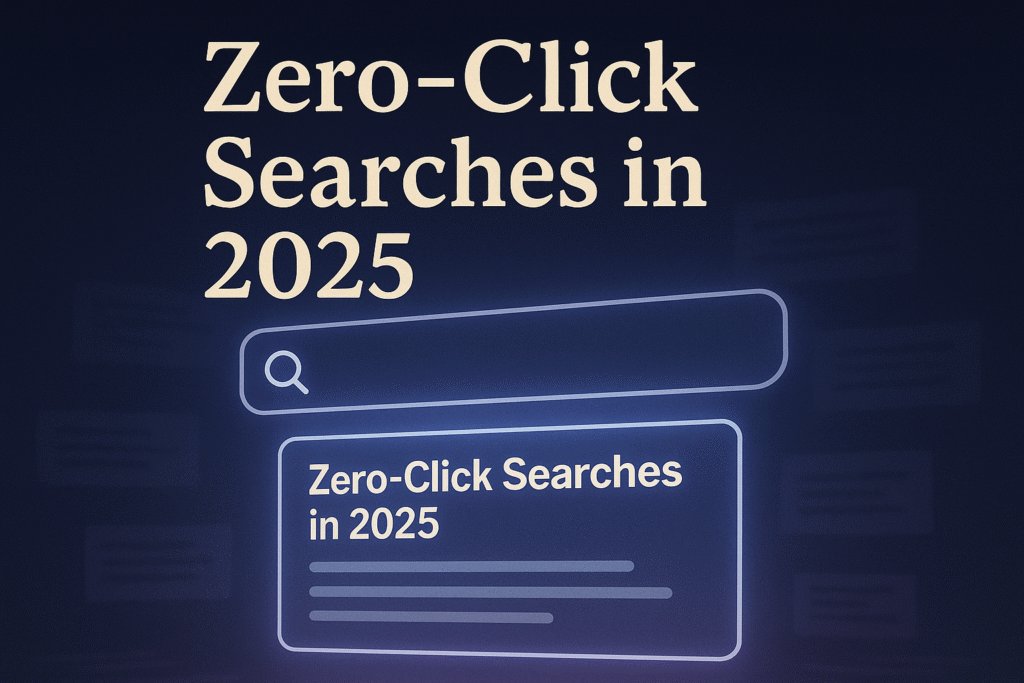
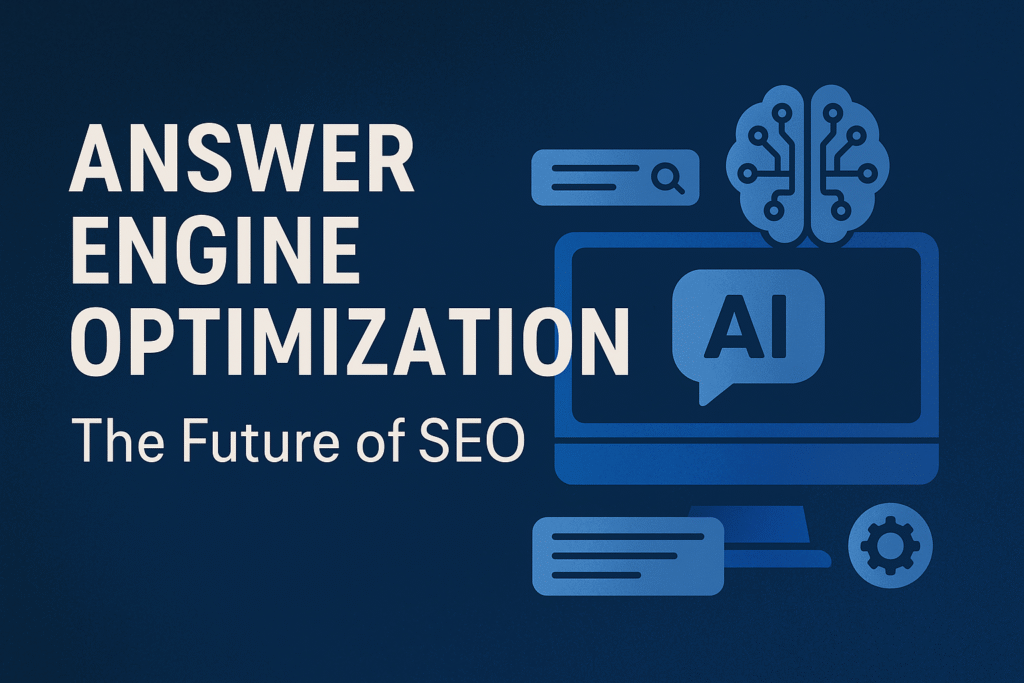
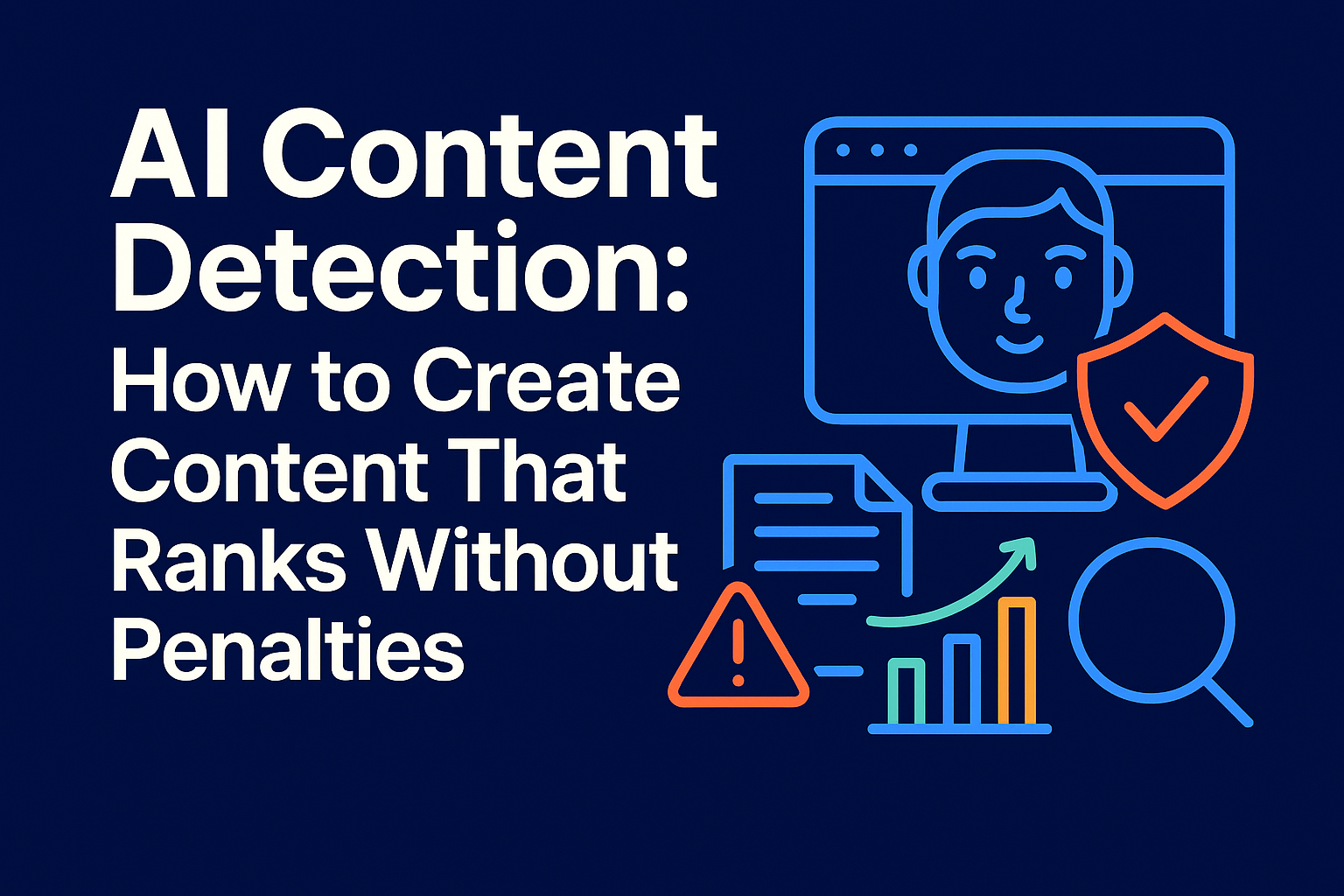
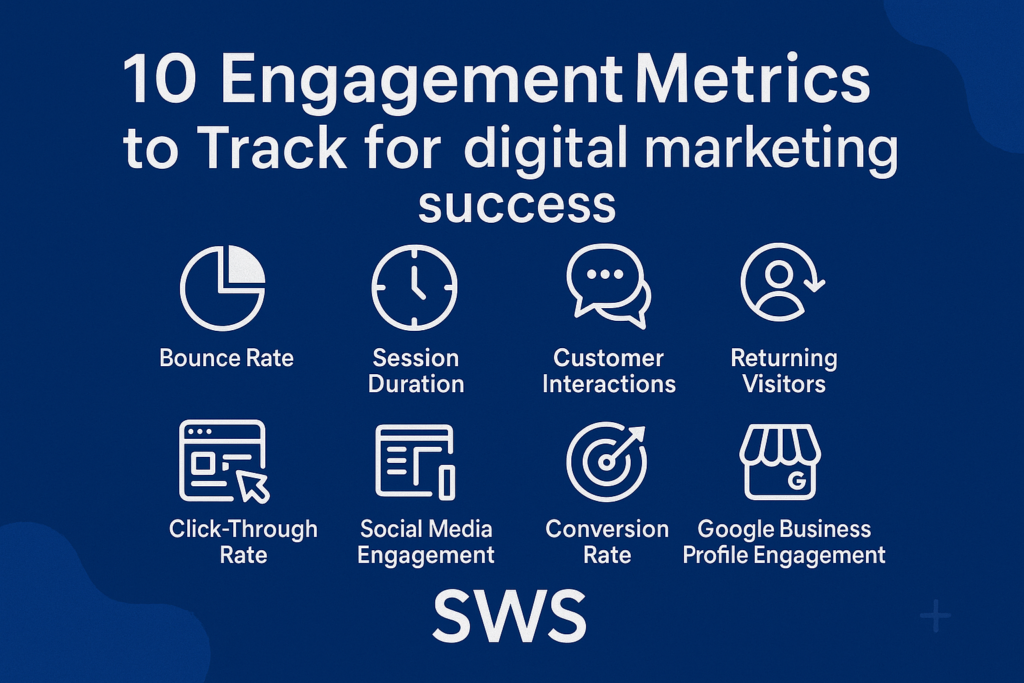

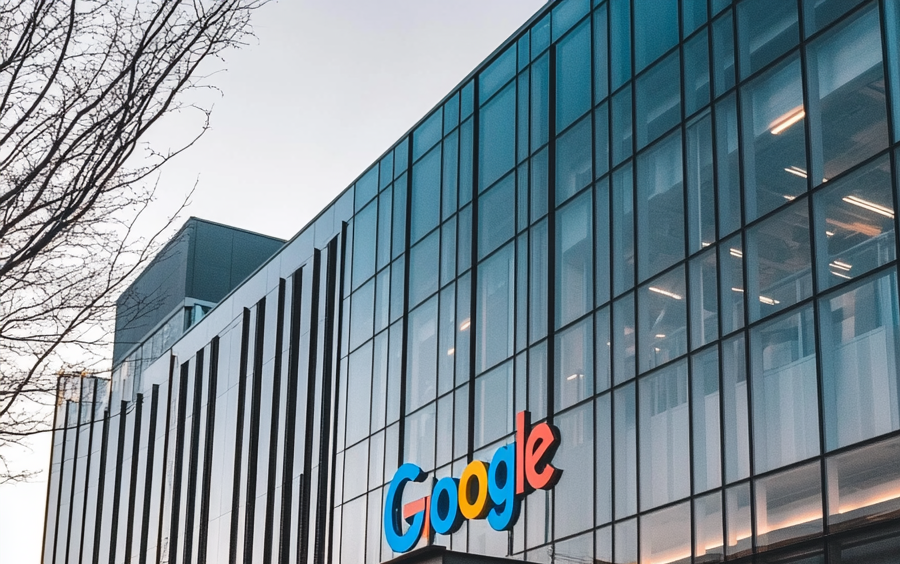

Hi, this is a comment.
To get started with moderating, editing, and deleting comments, please visit the Comments screen in the dashboard.
Commenter avatars come from Gravatar.